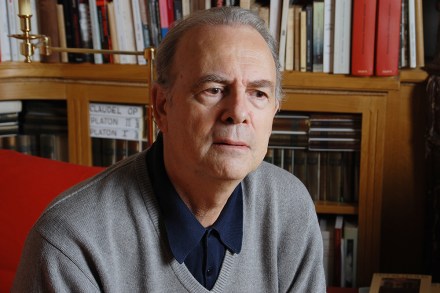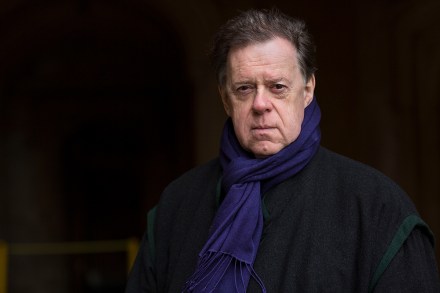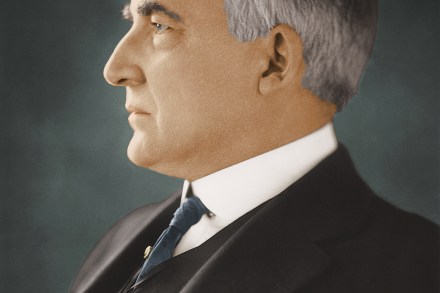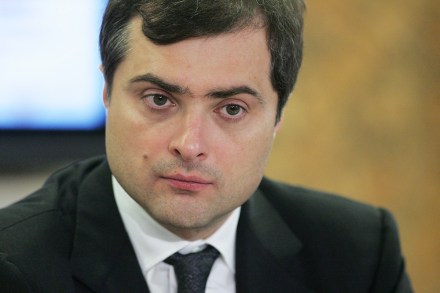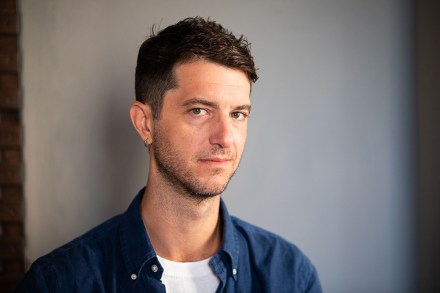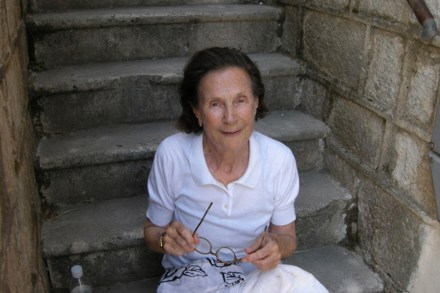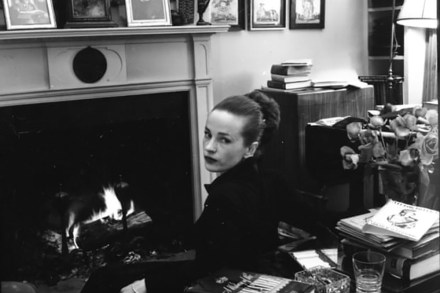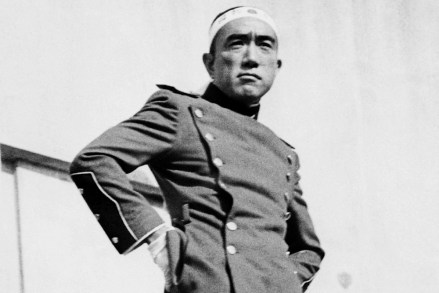Clouded memories: Ballerina, by Patrick Modiano, reviewed
There are, broadly speaking, two types of artist: the explorer and the miner. The explorer keeps moving on, staking out new aesthetic or thematic terrain, while the miner keeps returning, digging deeper into the same earth each time. Patrick Modiano, the French Nobel prizewinner for literature in 2014, is an artist firmly of the second camp. Ballerina may be Modiano’s 32nd novel, but it feels more like the latest haunting chapter of the one long book that makes up his career. Blending noir, elegy, Paris and an obsession with memory, Modiano writes like Proust conducting a police line-up. And so we step again into a world of half-remembered faces, veiled
